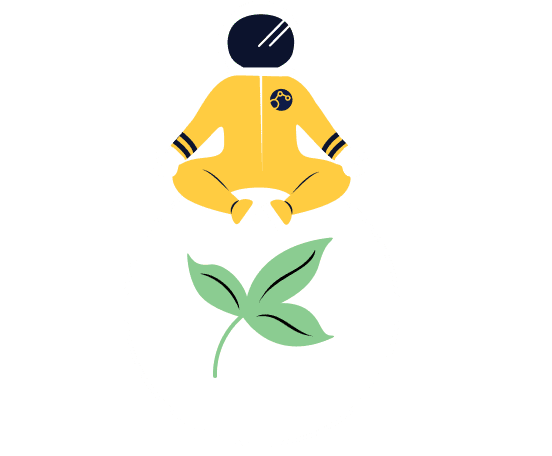

Artificial intelligence helps find genetic patterns that humans might miss, making it easier and faster to select traits for breeding. Our machine learning models predict which genes will improve nutrient and water use, boost disease resistance, and help plants adapt to climate change.

Our machine learning algorithms predict the ideal humidity, temperature, and soil moisture levels for your fields, ensuring efficient water and soil management. By optimizing these conditions, you can maximize crop yields while reducing water and resource costs

Our computer vision models to accurately identify weeds in the field, enabling targeted herbicide application to specific areas rather than blanket spraying. This precision reduces herbicide use, minimizes environmental impact, and lowers costs while keeping your crops protected from unwanted plants.

IoT devices on your farm collect and process data continuously, giving real-time updates on soil, weather, and equipment conditions to help farmers quickly respond to changes and issues. We specialize in optimizing and automating these processes, making your farm operations more efficient.

Precision farming uses AI, machine learning, GPS, drones, and satellite data to improve planting, irrigation, and crop management. Our data engineers and DevOps experts help fine-tune models and manage data, optimizing your farm for better efficiency and yields.

Anomaly detection helps improve harvesting and monitor plant health. Using drones and advanced imaging, farmers can quickly spot issues like insect outbreaks, soil changes, diseases, and pathogens. This allows for efficient tackling of problems ensuring fast adjustments to field conditions.

We use AI models to predict how soil management practices will impact crop yields. AI-powered sensors track soil moisture, fertility, and nutrients, giving farmers real-time data. This helps make informed decisions on irrigation, fertilization, and other practices to get the best results from their land.

Accurate yield prediction is key to knowing when to harvest and which crops to grow for market demand. Our team creates custom machine learning models that analyze factors like weather, soil, and crop health, helping you improve yield forecasts and optimize your farm’s performance.